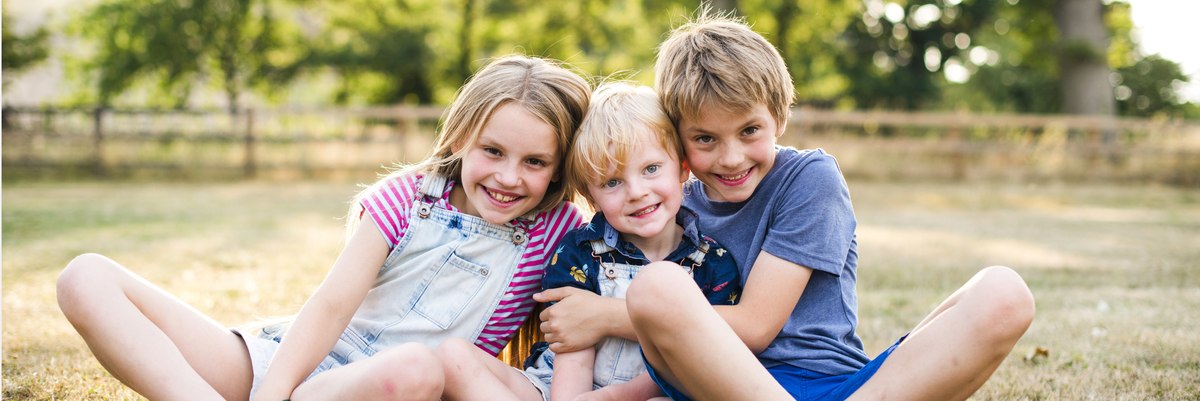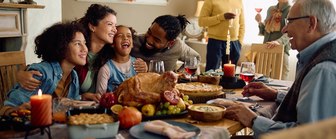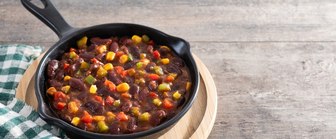Parents of multiple children like to claim they don’t have a favorite kid, but new data from YouGov finds that the kids aren’t really buying it.
Among US adults who have siblings, 33 percent believe that their mother has a favorite child. About one in five (22%) also believe that their dad has a favorite kid.
So, who exactly is the favorite child?
More than two-thirds (68%) who believe that their mother has a preferred child say that they are not the favorite, meaning one of their siblings is. Another 30 percent in this group believe that they’re their mother’s favorite child.
YouGov’s data suggests that the idea of a “Mama’s boy” might hold true: Men (41%) are significantly more likely than women (22%) to believe that they are their mother’s favorite child.
Similarly, people who are the youngest (38%) child in their family are more likely than middle (30%) and oldest (23%) children to believe that they’re mom’s favorite.
The numbers are similar for dad’s favorite kid: 68 percent say they think their father likes one of their siblings best, while 31 percent believe they themselves are their father’s favorite child.
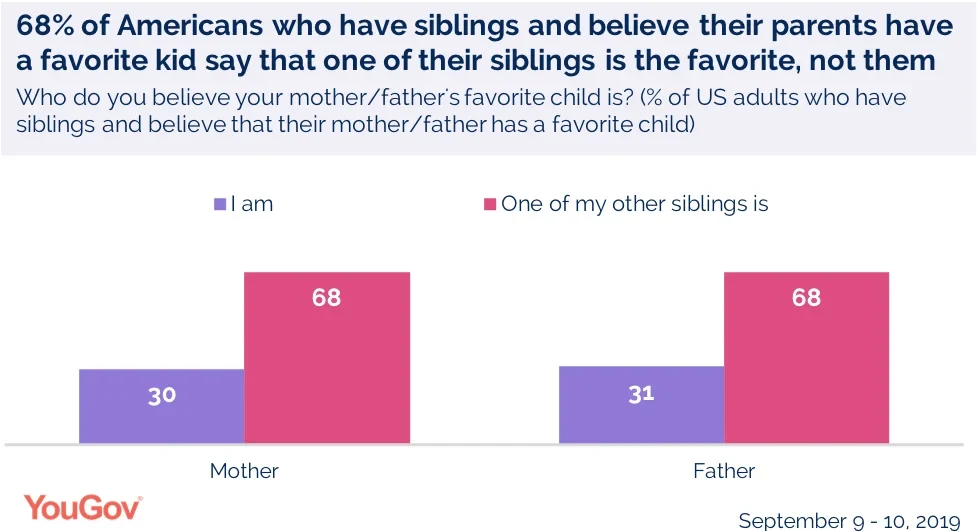
Where you fall in your family’s birth order may shape your personality.
About three in 10 (31%) adults with siblings say that their place in the family birth order has “significantly” shaped their personality. Another 26 percent say it’s “somewhat” shaped their personality.
People who are the oldest child in their family are particularly likely (66%) to say their personality has been at least somewhat shaped by their place in their family’s birth order. About half of middle (52%) children and youngest (51%) children agree.
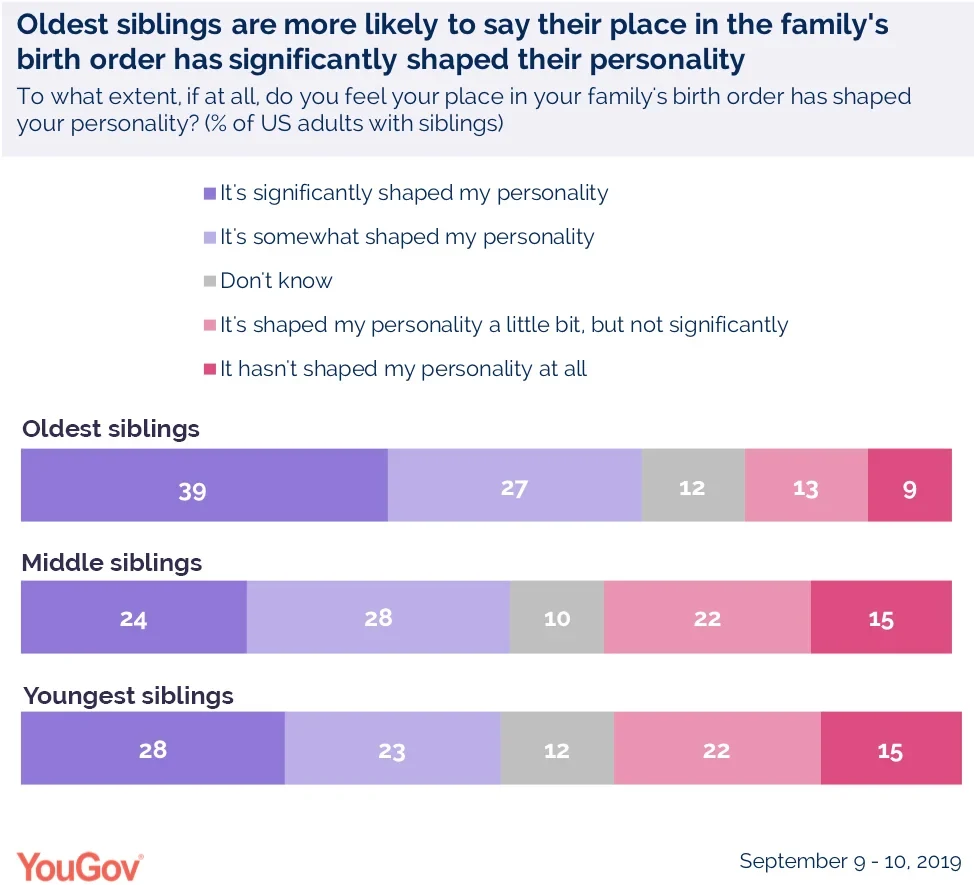
There are certain stereotypes about oldest, middle and youngest children. Eldest children are sometimes considered bossy, while youngest children can have a reputation as being spoiled. And then of course, there’s the trope of the neglected middle child. But how do oldest, middle, and youngest children see themselves?
Siblings who indicate they are the oldest (33%) are more likely than middle (26%) and youngest siblings (23%) to say they’re “leaders.” They’re also more likely than youngest children to define themselves as intelligent (62% of oldest children vs. 53% of middle children and 55% of youngest children).
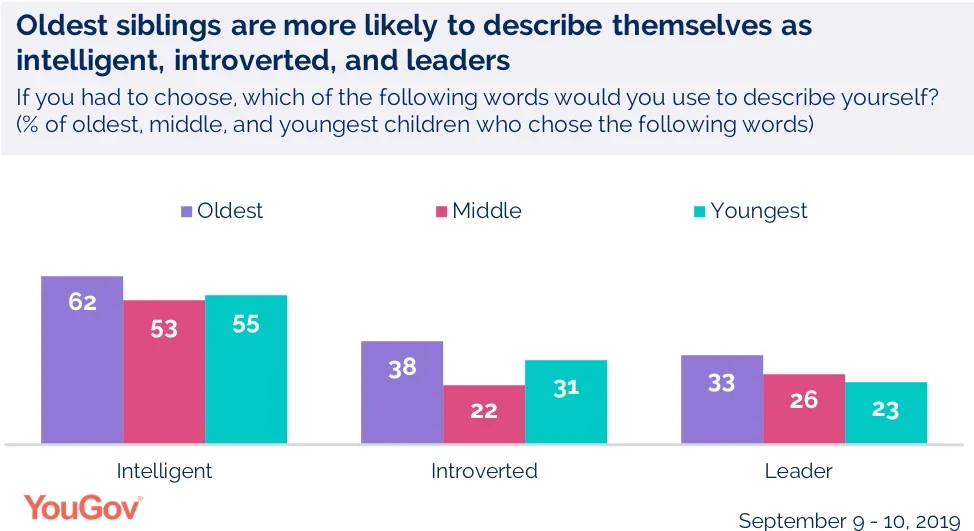
Meanwhile, middle siblings (42%) are more likely than those who are oldest (39%) and youngest (33%) to consider themselves self-disciplined. They’re also more likely to say that they’re outgoing (30% vs 21% of oldest children and 25% of middle children).
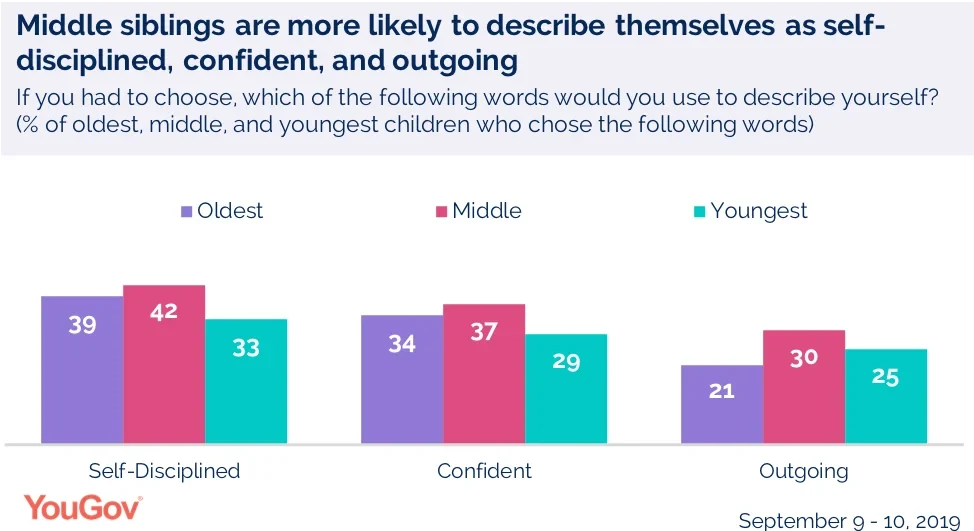
In contrast, siblings who say they are the youngest are more likely than their older siblings to say that they think of themselves as empathetic (44% of youngest vs 38% of oldest and 37% of middle). They also are more likely than oldest siblings and middle siblings to say they think of themselves as funny.
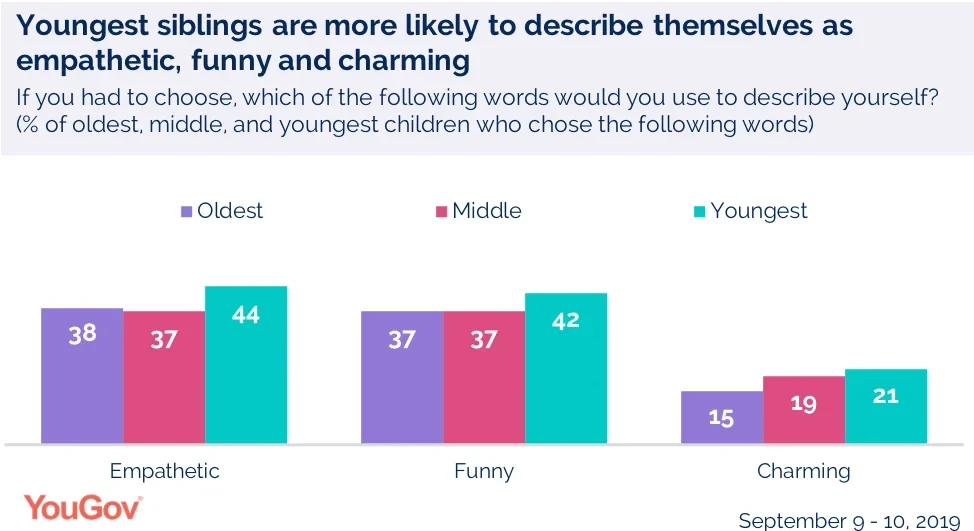
See full results from this survey here.
Methodology: Total unweighted sample size was 1,239 US adults, including 1,019 US adults who have siblings. The figures have been weighted and are representative of all US adults (ages 18+). Interviews were conducted online between September 9-10, 2019.
Image: Getty
